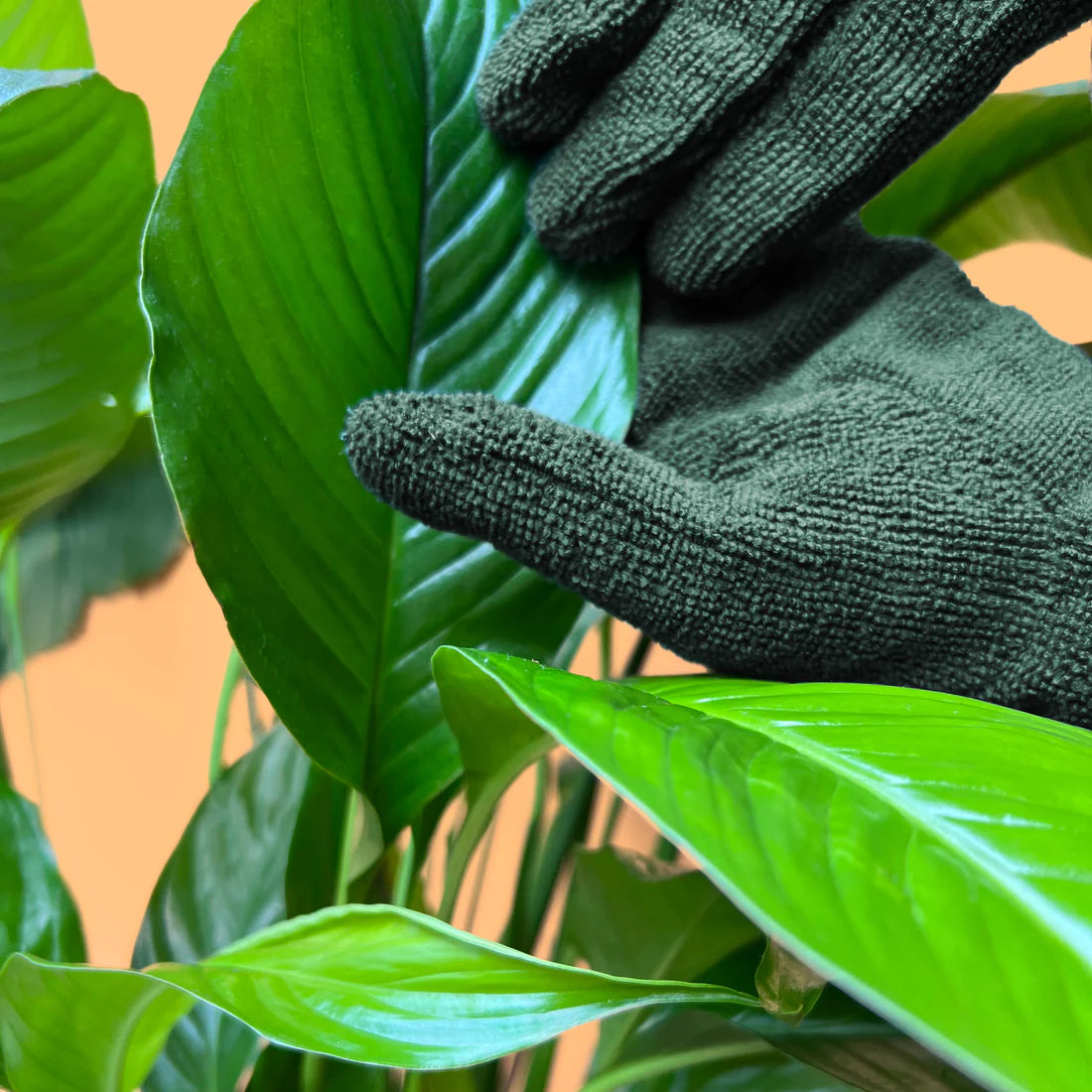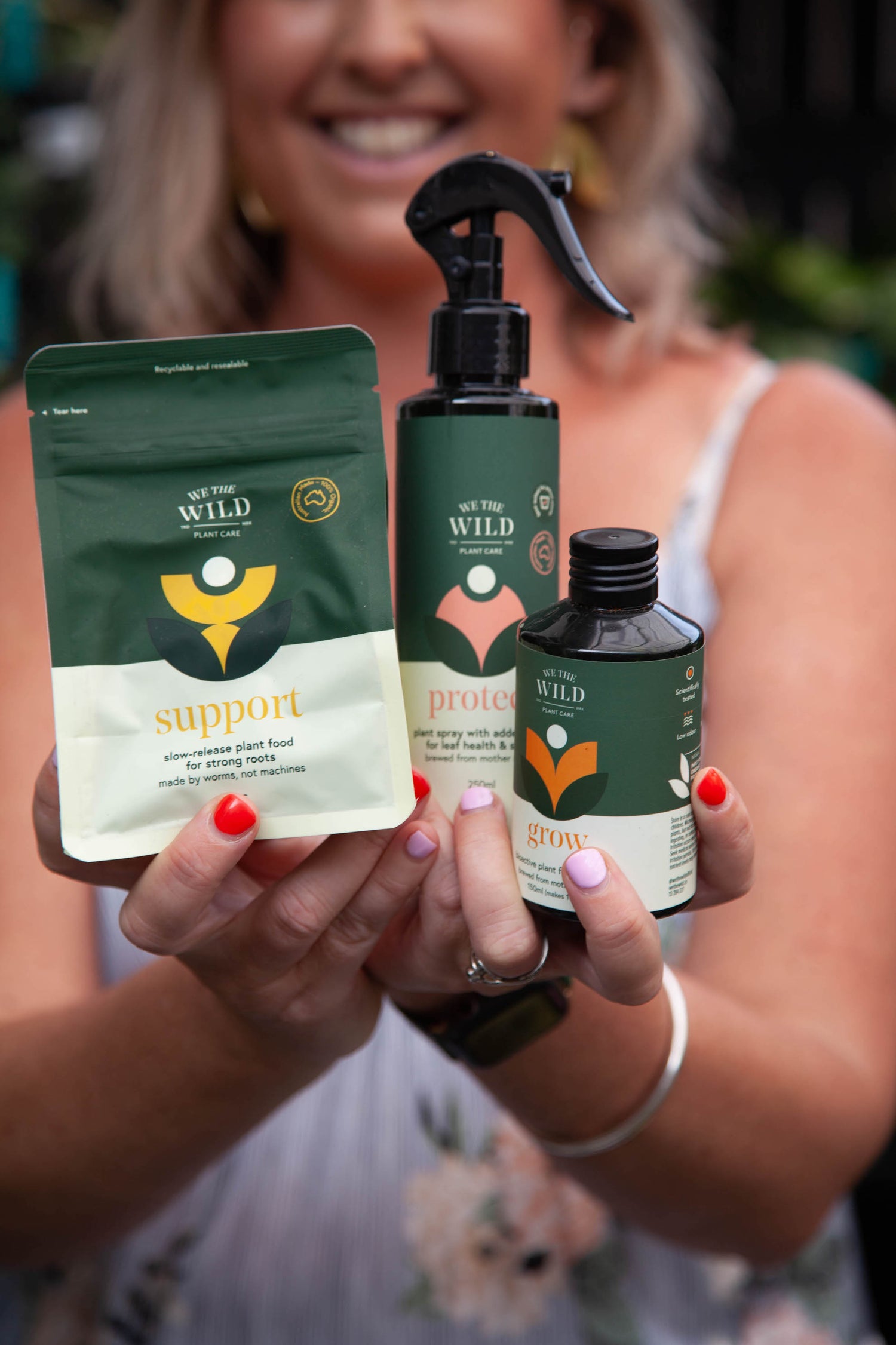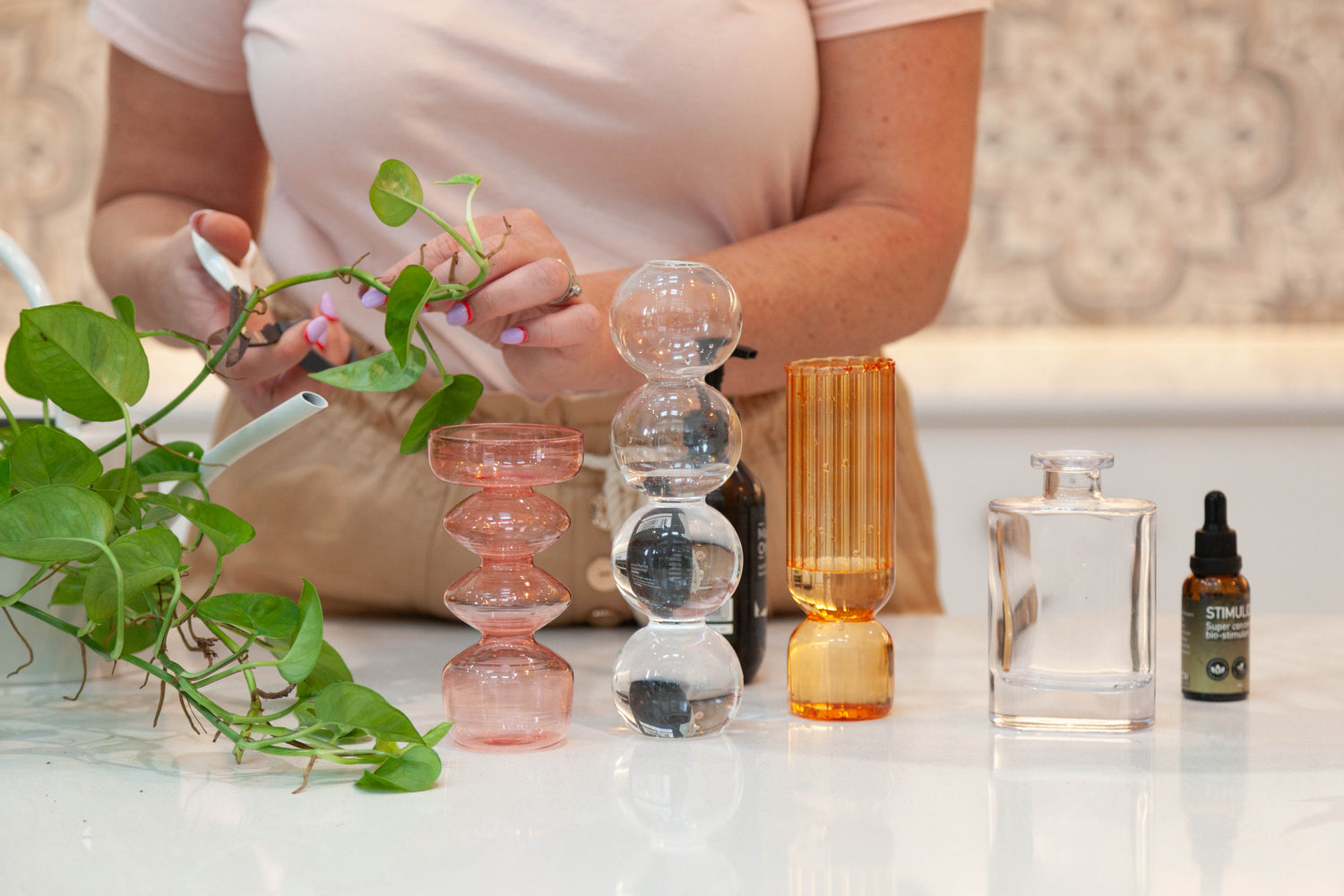If you're a plant enthusiast in Australia, you know that caring for your indoor plants can be both rewarding and challenging. Plants need the right amount of light, water, and nutrients to thrive, and that's where indoor plant food comes in. In this post, we'll explain why indoor plant food is important for your house plants in Australia, what NPK means, and how often you should feed your plants.
Why Use Indoor Plant Food for Your House Plants?
First things first: why do your house plants need indoor plant food? Well, just like humans need nutrients to stay healthy, plants require essential elements to grow and develop. These nutrients include nitrogen, phosphorus, potassium, calcium, magnesium, and more. While your plants can get some of these nutrients from the soil, they may not get enough to thrive because, unlike plants that grow in the wild, they are not naturally encountering birds, worms, rain etc. That's where indoor plant food comes in. By providing your plants with the right amount of nutrients, you can help them grow faster, stronger, and healthier.
Ok so you need plant food: What are you looking for?
When you're shopping for indoor plant food, you may notice that the packaging has three numbers, such as 10-10-10 or 5-1-1. These numbers represent the three primary nutrients that plants need: nitrogen (N), phosphorus (P), and potassium (K). The higher the number, the more concentrated the nutrient is in the plant food. For example, a plant food with an NPK ratio of 10-10-10 has equal amounts of nitrogen, phosphorus, and potassium, while a ratio of 5-1-1 has more nitrogen than phosphorus and potassium.
Understanding NPK: What Does It Mean?
So you now know you are looking for the ratio of NPK, but what do those nutrients really do and why are they so important?
Nitrogen (N) is responsible for promoting vegetative growth and increasing the size of leaves and stems. It's an essential component of chlorophyll, the green pigment in plants that helps them convert sunlight into energy through photosynthesis. Nitrogen is also important for producing amino acids, which are building blocks of proteins that plants need for cell growth and reproduction. Signs of nitrogen deficiency in plants include yellowing of leaves, stunted growth, and reduced vigour.
Phosphorus (P) is necessary for root development, flower and fruit production, and overall plant health. It's involved in many cellular processes, including energy transfer, DNA synthesis, and respiration. Phosphorus helps plants grow strong roots and promotes the formation of buds and flowers. Signs of phosphorus deficiency in plants include slow growth, small leaves, and poor flowering or fruiting.
Potassium (K) is essential for overall plant growth and stress tolerance. It helps regulate water balance in plant cells, strengthens cell walls, and improves disease resistance. Potassium also aids in the production of sugars and starches, which are essential for energy storage and growth. Signs of potassium deficiency in plants include yellowing of leaves, weak stems, and poor fruit quality.
In addition to NPK, plants also require secondary nutrients and micronutrients in smaller quantities. These include calcium, magnesium, sulphur, iron, manganese, zinc, and others. Each nutrient plays a specific role in plant growth and development, and deficiencies can lead to a variety of problems.
By understanding the role of NPK and other nutrients, you can choose the right indoor plant food or fertiliser for your plants and help them thrive.
How Often Should You Feed Your House Plants with Indoor Plant Food?
Now that you know why indoor plant food and NPK are important, you might wonder how often you should feed your plants. The answer varies depending on the type of plant and the type of indoor plant food you use. In general, most indoor plants benefit from a dose of indoor plant food every 2-4 weeks during the growing season (spring and summer) and less often during the dormant season (fall and winter). Be sure to follow the instructions on your indoor plant food packaging, as over-fertilising can damage your plants.
At Bespoke Plants we follow an alternating "feeding" schedule for our plants. For every second or third water we will feed with an active plant food - something with NPK, and then alternatively water we water with a seaweed-based solution like Rescue Remedy
In conclusion, using indoor plant food is an essential part of caring for your house plants. By understanding NPK and feeding your plants the right amount of nutrients, you can help them grow faster, stronger, and healthier. At Bespoke Plants Qld, we offer a range of indoor plant food products to help your plants thrive. Check out our website to learn more and place your order today!





